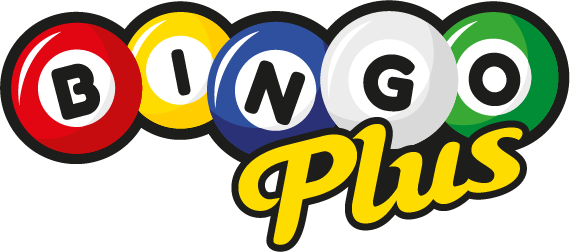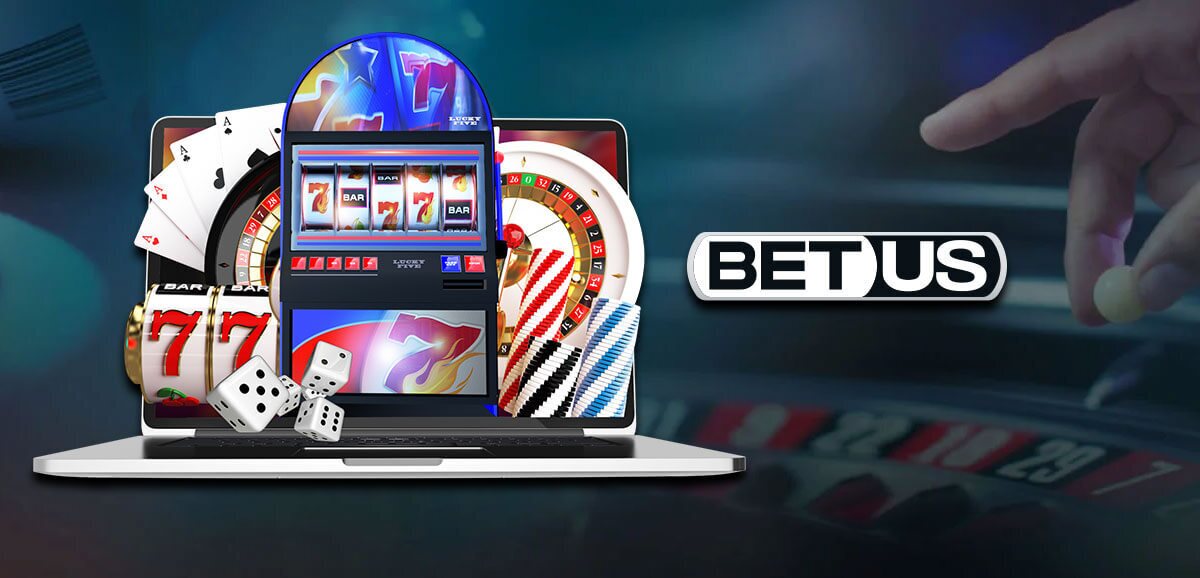Curaçao, a small Caribbean island, has established itself as a notable hub for online gaming, thanks to its favorable regulatory environment and attractive casino license framework. Over the years, the island has positioned itself as an accessible jurisdiction for operators looking to enter the iGaming market. Understanding the nuances of Curaçao’s casino license structure is essential for both new and established operators seeking to navigate this landscape successfully.
The Appeal of Curaçao’s Licensing
One of the primary attractions of obtaining a license in Curaçao is the relatively low cost and straightforward application process. Compared to other jurisdictions, such as the UK or Malta, Curaçao offers a less cumbersome regulatory framework, making it easier for operators to establish themselves.
Types of Licenses Offered
Curaçao offers three main types of licenses for online gaming operations:
-
Master License: Issued by the government or a licensed authority, a master license covers all forms of online gaming, including casino games, sports betting, and lotteries. This type of license can be a strategic option for operators wanting to offer a broad range of services.
-
Sub-License: Under the master license, sub-licenses can be awarded to individual operators. This allows smaller entities or newcomers to benefit from the established master license holder’s credentials, often speeding up the licensing process and minimizing costs.
- Single License: This type of license is specifically tailored for sports betting and may have narrower restrictions compared to full gaming licenses. It offers operators a more affordable entry point into the industry without the broader scope typical of the master license.
Licensing Authorities
Curaçao’s gaming licenses are regulated by the Curaçao eGaming Authority, which oversees compliance and ensures that licensed operators meet regulatory standards. Operators must also work with a master license holder, as direct licensing from the authority is uncommon, thus necessitating partnerships for those seeking sub-licenses.
Application Process
The licensing application process in Curaçao is often perceived as simple and user-friendly, making it an attractive option for operators. Nonetheless, there are essential steps to consider:
-
Documentation: Operators need to provide a host of documents, including proof of identity, business plans, financial records, and information about software providers. This documentation helps assure the licensing authority of the operator’s integrity and business viability.
-
Background Checks: Extensive background checks are mandatory for owners and key personnel, ensuring that they are trustworthy and capable of operating within a regulated environment.
-
Software Compliance: Operators must utilize certified gaming software to ensure fairness and reliability. Maintaining compliance with industry standards is vital, as it surfaces potential issues before they affect players.
- Fees: The application fee for acquiring a casino license can vary, often depending on the license type. Additionally, annual renewal fees and other compliance-related costs must be factored into an operator’s budget.
Advantages of Curaçao Licensing
Flexibility
Curaçao’s regulatory structure grants operators a significant degree of freedom. There are few restrictions in terms of game offerings, advertising, and promotions, allowing operators to tailor their services to various player demographics.
Tax Benefits
Curaçao boasts an attractive tax regime for online gaming operators. The corporate tax rate for licensed entities is relatively low compared to other jurisdictions, significantly enhancing profitability potential. Typically, operators can expect to pay around 2% to 5% of gross gaming revenue, making it a budget-friendly choice for many.
B2B Licensing Options
Curaçao also allows for B2B operations, enabling gaming software providers to offer their services to licensed operators. This flexibility further stimulates growth within the casino ecosystem and encourages innovation in gaming solutions.
Challenges and Considerations
Despite its advantages, operating under a Curaçao license comes with certain challenges. The island’s regulatory framework is not recognized globally in the same way as licenses from jurisdictions like the UK or Malta. Consequently, operators might face difficulties when targeting players from regions with stricter regulatory requirements.
Moreover, the justifiable criticism about the oversight of licensees has led to increased scrutiny from regulators and potential customers. Operators must strive to maintain strong compliance and demonstrate their commitment to responsible gaming practices.
Conclusion
Navigating the casino licensing landscape in Curaçao presents a compelling opportunity for operators looking to enter the iGaming sector. With its flexible and affordable licensing options, the island remains an appealing choice for new startups and experienced companies alike. However, understanding the regulatory framework, remaining compliant, and being aware of potential challenges is crucial for long-term success.
By doing so, operators can capitalize on the burgeoning online gaming market and harness the benefits that Curaçao’s licensing structure offers while establishing themselves as reputable, responsible entities in this competitive industry.




